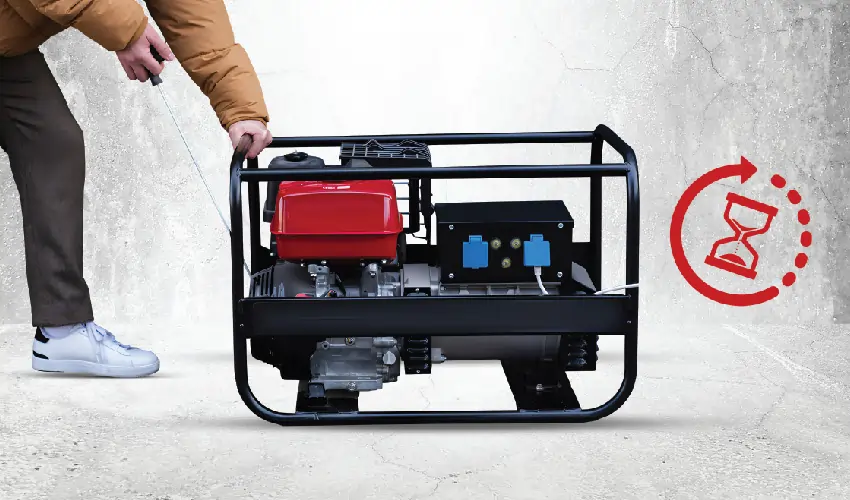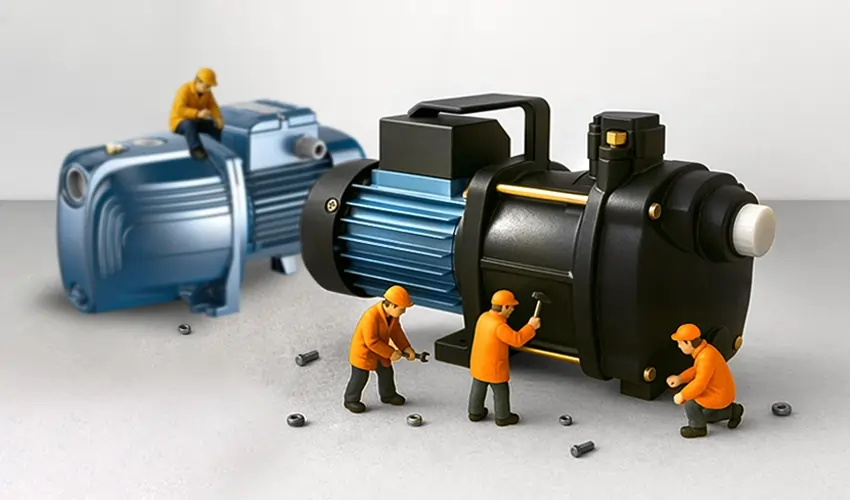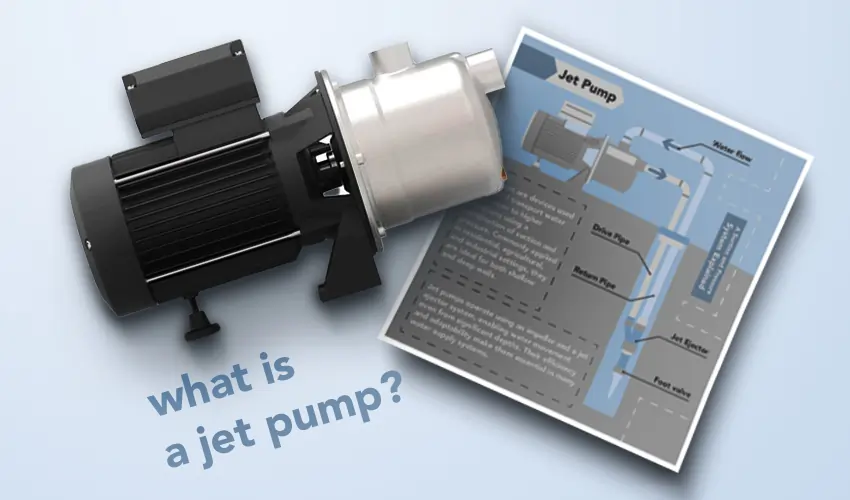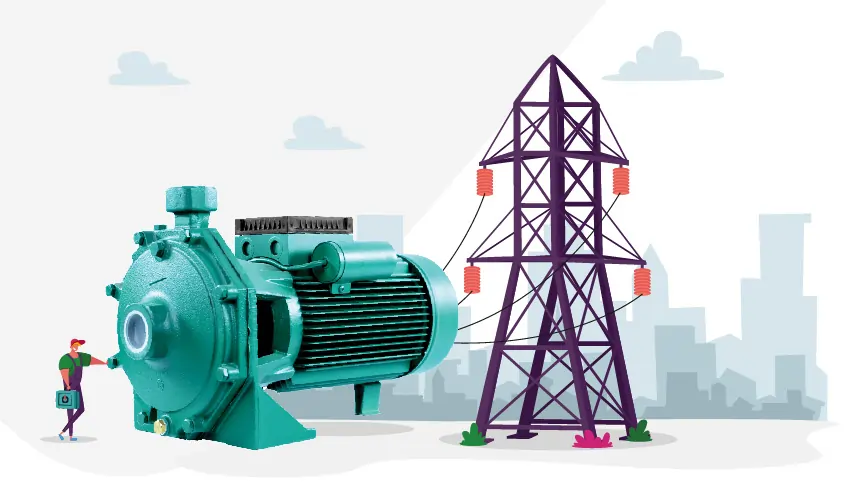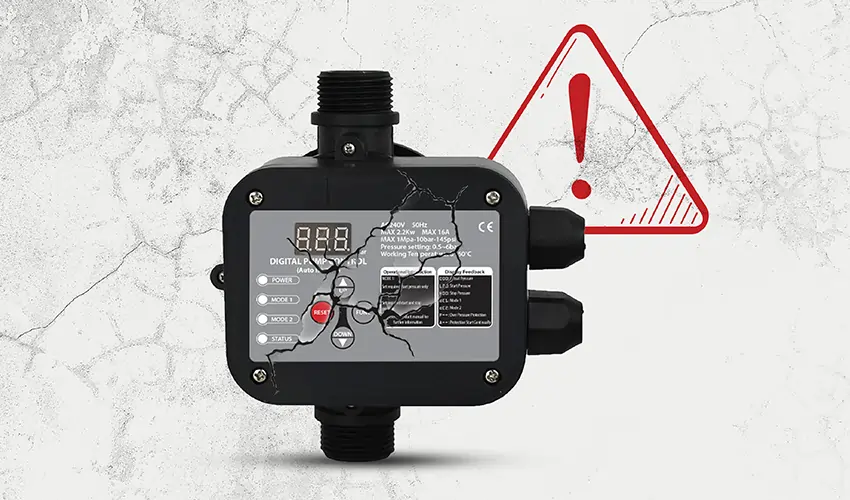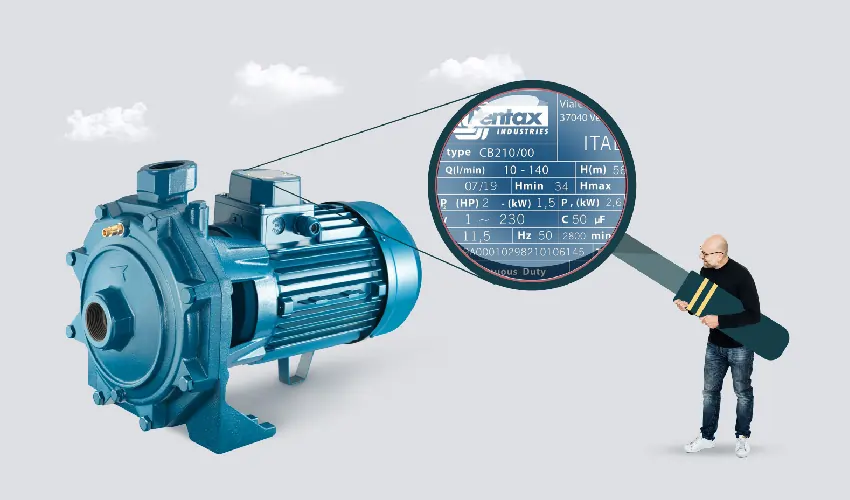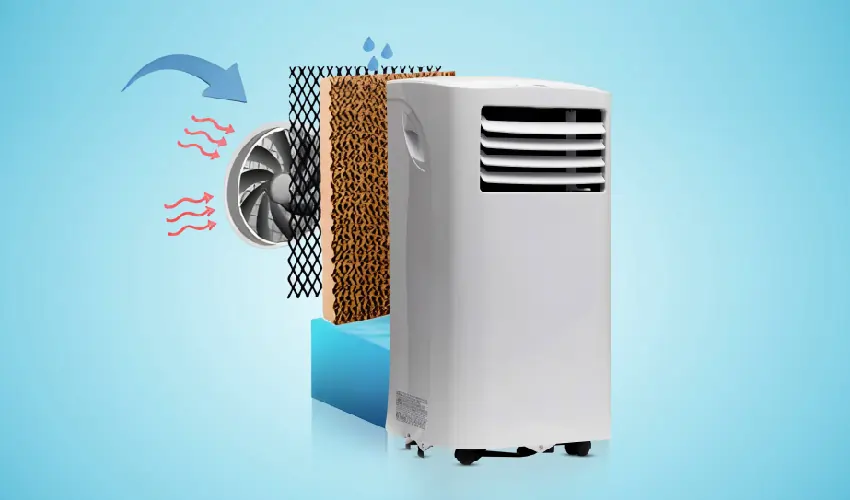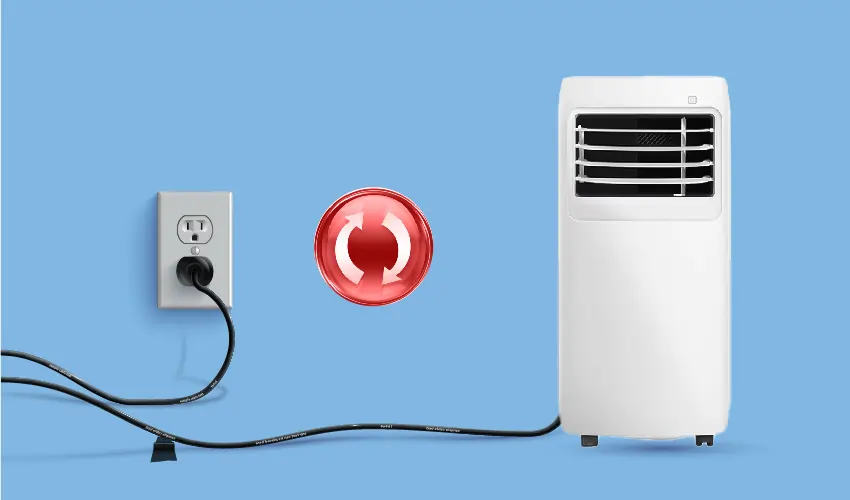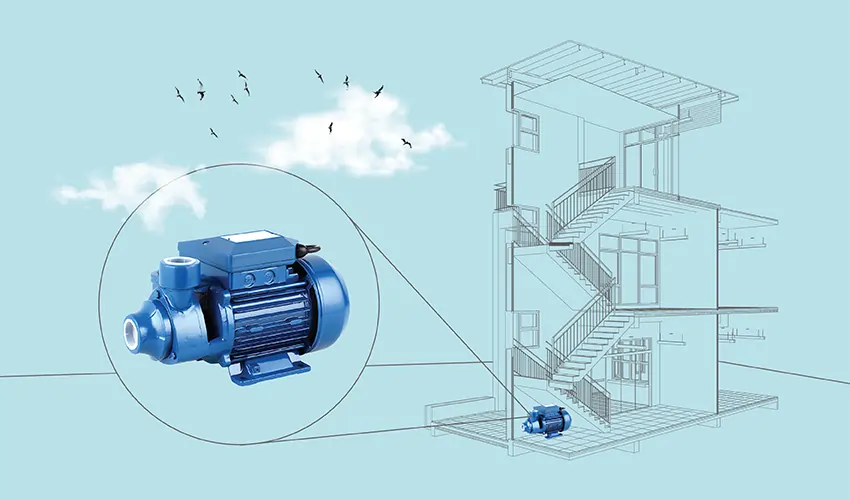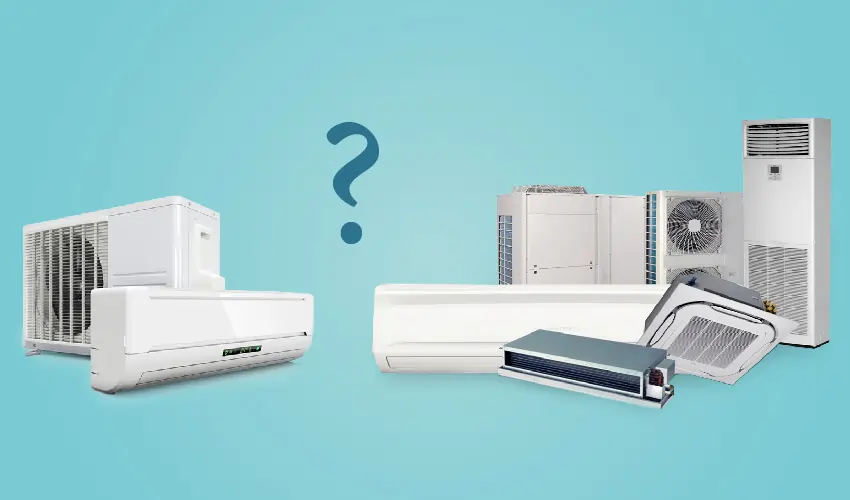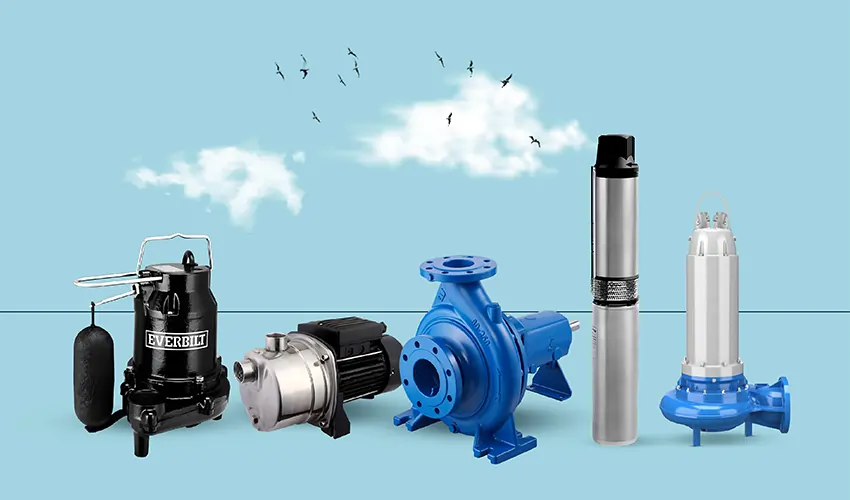Portable Generator Starting Time
Discover how a simple routine of monthly runs not only keeps your portable generator in peak condition but ensures it stands ready to provide power when you need it most.
Do Portable Generators Need to Rest?
Yes, it is advisable to allow portable generators to rest periodically, especially during extended use. Continuous operation without breaks can lead to various issues, including overheating and premature wear on engine components. Here are some reasons why allowing your portable generator to rest is important:
- Preventing Overheating:
- Generators generate heat during operation. Allowing the generator to rest between extended periods of use helps dissipate this heat and prevents the engine from reaching excessively high temperatures.
- Avoiding Overloading:
- Continuous operation can lead to overloading, especially if the generator is powering multiple devices or appliances. Allowing the generator to rest gives it time to recover and reduces the risk of overloading.
- Prolonging Engine Life:
- Giving the generator breaks helps extend the overall life of the engine. Continuous operation without rest can lead to increased wear on internal components, shortening the generator’s lifespan.
- Preventing Fuel Issues:
- Rest periods provide an opportunity to check the fuel level, ensuring an uninterrupted power supply. It also helps prevent issues related to stale or contaminated fuel during extended storage.
- Routine Maintenance:
- Rest periods offer a convenient time to perform routine maintenance tasks, such as checking the oil level, inspecting air filters, and ensuring that all components are in good condition.
- Noise Reduction:
- Generators can be noisy during operation. Allowing the generator to rest provides a break from the noise, making it more convenient for users and reducing overall noise pollution.
Recommendations for Rest Periods:
- Intermittent Use: If you’re using the generator intermittently, short breaks between sessions can be sufficient.
- Extended Use: For extended use, consider allowing the generator to rest for 10-15 minutes every 2-3 hours of continuous operation.
- Cooling Down: Always ensure the generator has cooled down sufficiently before refueling or performing maintenance tasks.
- Follow Manufacturer’s Guidelines: Check the owner’s manual for specific recommendations regarding rest periods, as different generators may have varying requirements.
How Long Should We Continuously Run a Portable Generator?
The continuous runtime for a portable generator depends on several factors, including the generator’s capacity, load, fuel tank size, and the manufacturer’s recommendations. Here are some general guidelines to help you determine how long you can continuously run a portable generator:
- Load Capacity:
- The generator’s capacity, usually measured in watts, determines how much electrical load it can handle. Running the generator at or near its maximum capacity for extended periods may lead to overheating and reduced lifespan. It’s advisable to operate the generator at no more than ۸۰% of its rated capacity.
- Fuel Tank Size:
- The size of the generator’s fuel tank dictates how long it can run before needing to be refueled. Larger fuel tanks allow for more extended runtimes.
- Fuel Consumption Rate:
- The fuel consumption rate of the generator is crucial in determining how long it can run on a full tank. This rate depends on the generator’s efficiency, load, and the type of fuel it uses.
- Manufacturer’s Recommendations:
- Always refer to the manufacturer’s guidelines and recommendations for continuous runtime. The owner’s manual typically provides information on optimal usage patterns, load considerations, and recommended rest periods.
- Load Variations:
- If the generator experiences varying loads, such as starting and stopping appliances or devices, it may affect the overall runtime. Continuous high loads will generally result in shorter runtimes compared to intermittent or variable loads.
- Environmental Factors:
- The operating environment, including ambient temperature and altitude, can impact the generator’s performance. Extreme temperatures may affect cooling efficiency, and generators may be less efficient at higher altitudes.
- Maintenance:
- Regular maintenance, including tasks like oil changes and air filter replacements, contributes to the generator’s overall performance and can influence its continuous runtime.
How Often Do You Need to Start Your Generator?
The frequency with which you should start your generator depends on various factors, including the type of generator, its intended use, and the manufacturer’s recommendations. Here are some general guidelines:
- Regular Testing:
- It’s advisable to start your generator regularly for brief periods, even if you don’t anticipate a power outage. This practice helps ensure that the generator is in working condition and ready for use when needed.
- Monthly Testing:
- Many experts recommend starting your generator and running it for at least 10-15 minutes once a month. This brief monthly run allows the engine to reach operating temperature, lubricates engine components, and helps prevent issues related to inactivity.
- Load Testing:
- During some of these monthly runs, consider connecting a light load to the generator to simulate a realistic operating condition. This load testing ensures that the generator can handle the connected devices and provides an additional level of assurance regarding its functionality.
- Fuel Stabilization:
- If your generator is equipped with a fuel stabilizer feature, it’s particularly important to run it periodically. This helps circulate the stabilized fuel throughout the system, preventing fuel-related issues during extended periods of inactivity.
- Battery Maintenance:
- For generators with electric starters, regular starting helps maintain the battery charge. A healthy battery ensures reliable starting when needed.
- Weather Considerations:
- In regions with harsh winters, more frequent starts might be necessary to prevent issues related to cold weather, such as fuel system problems and frozen components.
Conclusion
In conclusion, starting your portable generator regularly is a proactive measure to ensure its reliability when needed. Monthly brief runs, with occasional load testing, help maintain the generator’s functionality, circulate fuel stabilizers, and ensure the readiness of the battery. These practices, in accordance with the manufacturer’s guidelines, contribute to the longevity and effectiveness of the generator, making it a dependable power source during unexpected outages or emergencies. Regular testing aligns with good maintenance habits and enhances overall preparedness.

